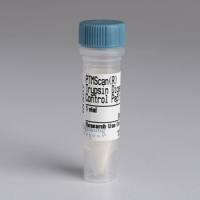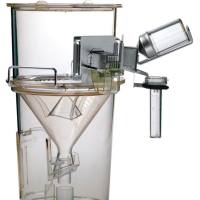Role of Xenobiotic Metabolic Enzymes in Cancer Epidemiology
互联网
467
The cause of the majority of cancers is poorly understood albeit multifactorial. The ultimate consequence of etiological factors where defined is an alteration within the cellular genotype, which is manifested in the cells acquiring malignant phenotype. There are several environmental carcinogens that contribute to carcinogenesis. These carcinogens are metabolized by a large number of enzymes, including the cyto-chrome P 450 group, glutathione- S -transferase (GST), the uridine glucuronyl transferase (UGT) super-family, alcohol-metabolizing enzymes, sulphatases, etc. These enzymes can either inactivate carcinogens or in some cases generate reactive moieties that lead to carcinogenesis.
This review summarises the available evidence regarding the role of xenobiotic metabolic enzymes and their role in cancer epidemiology. The available data and studies have identified correlates between expression of various metabolizing enzymes with risk of malignancies known to be induced by their substrates. The data may have relevance in one population but not for another for a specific malignancy and at times may be conflicting. We believe that with mature data in the future it may be possible to stratify patients by risk.









